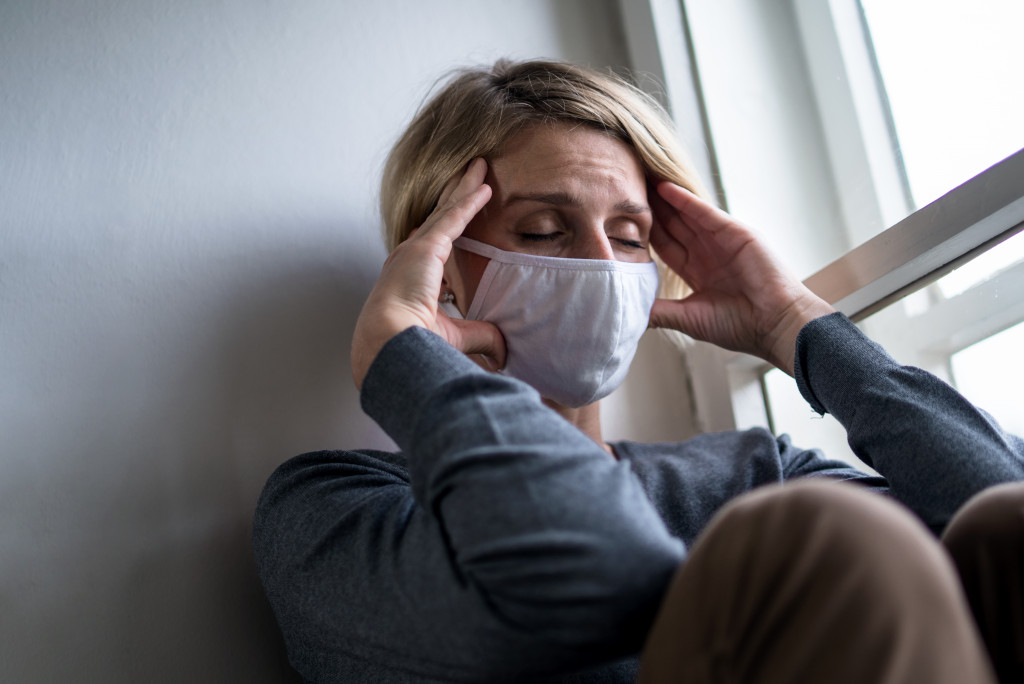- Social isolation during the pandemic has hurt people’s mental and physical health.
- Disparities in digital education have exacerbated the adverse effects of social isolation for specific groups.
- Reintegrating into personal interactions should be done gradually, with realistic expectations.
- Professional matchmaking services can support those wanting to build relationships.
- Finding activities that involve social interaction, joining virtual communities, and setting realistic expectations are all ways to cope with social isolation in a post-pandemic world.
The COVID-19 pandemic brought about a new normal, including social distancing, quarantining, and isolation. While the measures were taken to limit the spread of the virus and protect lives, they also adversely affected people’s mental health and well-being. As the pandemic starts to subside with the increased vaccination rates and the lifting of restrictions, it’s essential to examine social isolation’s impact on various individuals and communities. This post takes a closer look at social isolation in a post-pandemic world.
The Impact on Mental Health
Social isolation due to the pandemic has been linked to several mental health problems, such as depression, anxiety, and stress. With people forced to stay indoors for an extended period, many miss out on social interactions, which often translates to a lack of support and resources for coping with isolation.
It’s also worth noting that social isolation affects people differently, with some individuals being more vulnerable than others. For instance, older adults and individuals with pre-existing mental health conditions were at higher risk of experiencing the adverse effects of isolation.

The Impact on Physical Health
The pandemic has disrupted people’s lives in many ways, including access to healthcare services. With most medical facilities focused on managing COVID-19 cases, people with other health issues, such as chronic illnesses, had limited options for receiving treatment.
The situation worsened for people who had to self-isolate or quarantine, making it near impossible to seek medical attention. This system’s strain has a domino effect, leading to delays in diagnosis, treatment, and care, which, in turn, can worsen their physical health.
The Impact on Education
The pandemic highlighted the digital divide, where some students could not access remote learning tools. The shift to digital education has highlighted significant disparities in educational resources, access, and outcomes among students from different socioeconomic backgrounds.
Children from low-income households were disadvantaged as they lacked access to stable internet connections, devices, or a conducive learning environment. Students are also missing out on critical socialization opportunities that school environments provide. Isolation may lead to academic challenges, declining mental health, and lower academic performance.
Coping With Social Isolation in a Post-Pandemic World
Thankfully, there are ways people can cope better with social isolation. Here are some of those ways:
Ease Back to Personal Interactions
It is important to ease back into personal social interaction gradually. If you are uncomfortable, don’t rush into attending events with big crowds or people gatherings. Instead, reconnect with friends and family through virtual means, such as video calls or phone conversations. This will help you to reconnect with people at your own pace, and gradually it will become easier to attend social events in person.
Expectation Setting
It is essential to set realistic expectations when it comes to social interactions. Coming out of a pandemic means everyone adapts to a new normal, and we are all doing our best to reconnect with friends and family. Permit yourself to take things slow, and don’t pressure yourself to attend events if you are not ready. It is okay to take things one day at a time.

Matchmakers
Building relationships, especially romantic ones, is good if you feel isolated from the world. These relationships can help you alleviate any problems with isolation you might have. However, if you’re struggling to do so, consider hiring professional matchmaking services to help you. They can find people with your interests and values and help you build relationships.
Find the Right Activities
It is crucial to find activities that you enjoy that involve social interaction. Cooking classes, group fitness classes, and community volunteer events are perfect for this. By finding something you enjoy, you can engage in social interaction and build a sense of achievement and purpose to help remedy feelings of loneliness. Regular social interaction will also help you to build meaningful relationships that will enrich your life.
Virtual Communities
Join virtual communities or groups like online forums, Facebook groups, and Slack channels. These can provide excellent support systems for people who are feeling isolated and lonely. Many of these communities also offer helpful resources to help members navigate the post-pandemic world better.
Social isolation is a real issue, even after the pandemic has subsided. While taking necessary measures to protect yourself and others from the virus is important, it is also essential to be mindful of its impact on people’s mental health and well-being. By taking steps to cope with isolation in a post-pandemic world, you can help reduce its adverse effects.

